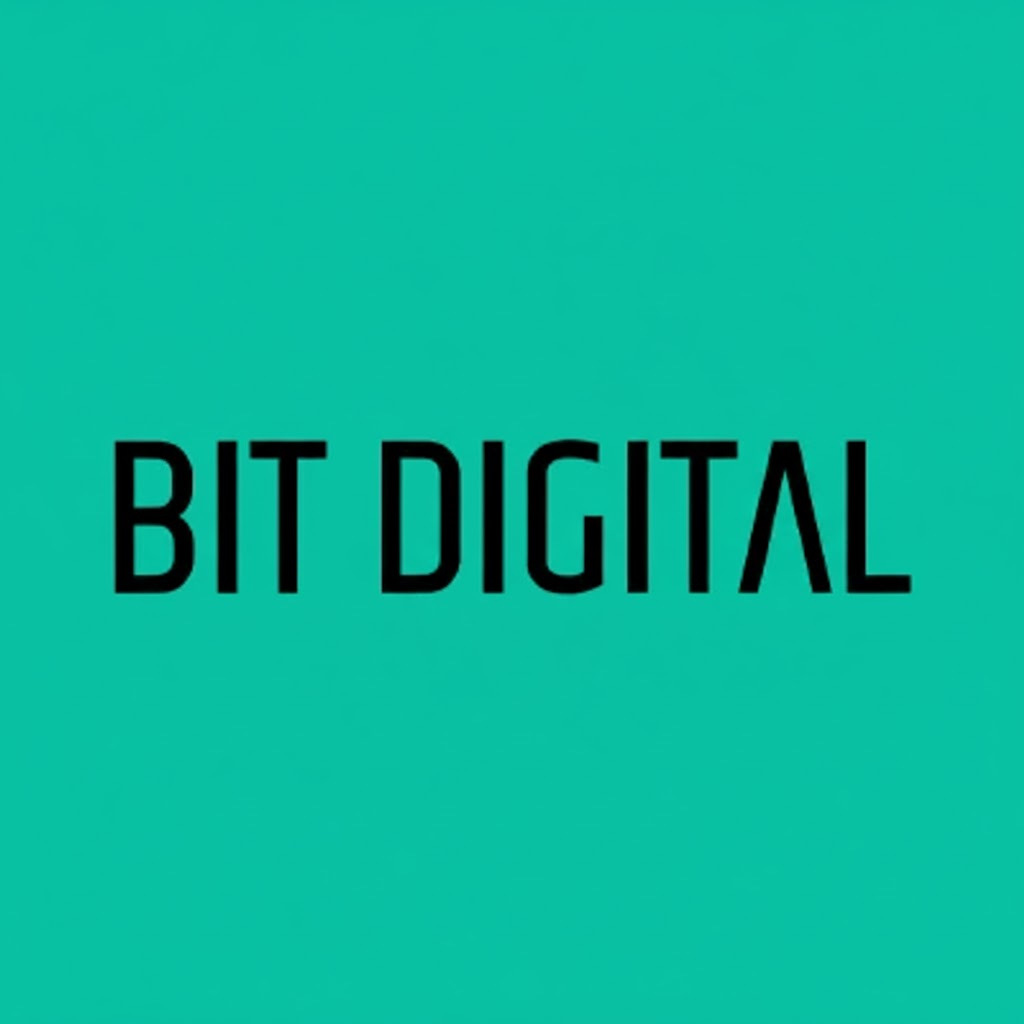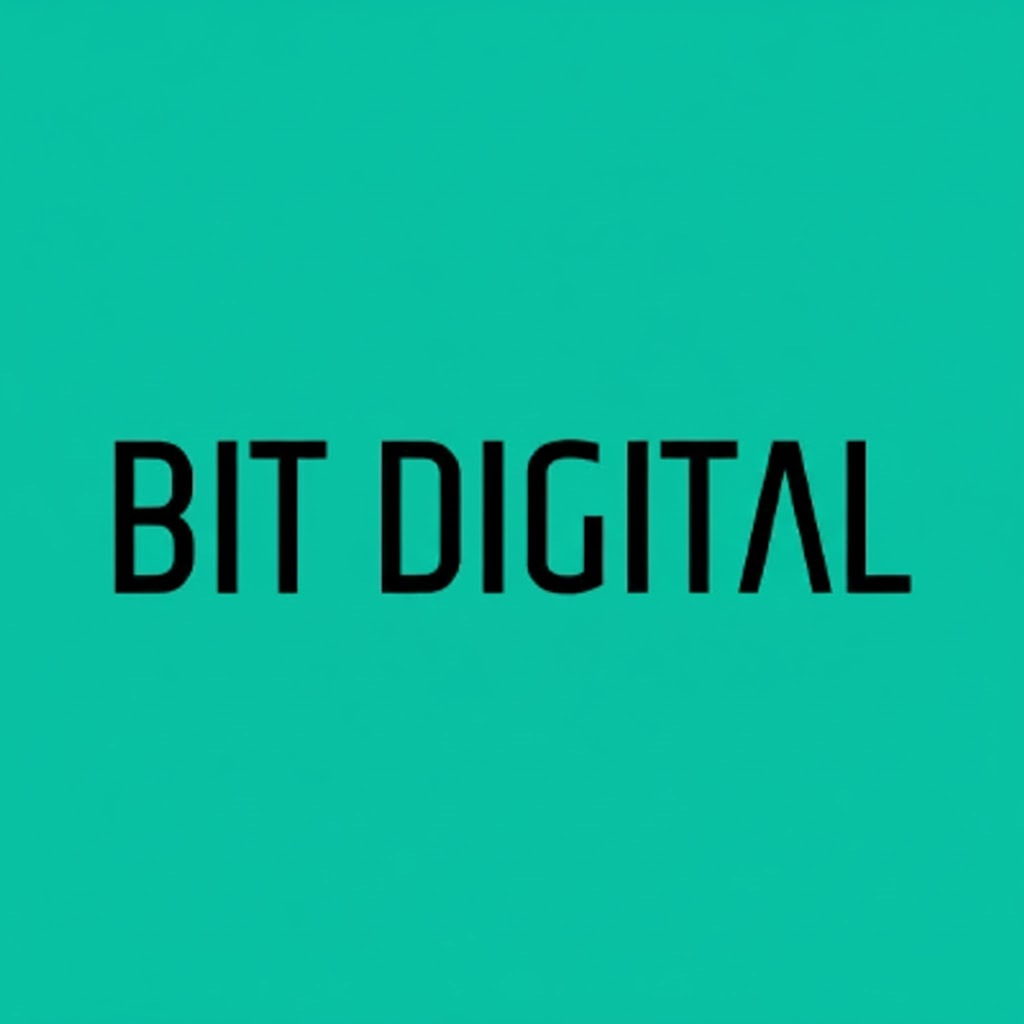
Subscribe to Bankless or sign in
![]() Coinbase is the centralized exchange of choice for many U.S. crypto users. Its incredible reach is why token projects have long coveted official listings on the platform.
Coinbase is the centralized exchange of choice for many U.S. crypto users. Its incredible reach is why token projects have long coveted official listings on the platform.
And while Coinbase recently revamped its listings experience with the rollout of its Blue Carpet program, the exchange's listings approval process is still manual and takes time.
Naturally, this means there are many tokens that aren't and won't be available for trading on Coinbase. So, until last week, if you wanted to buy into a new project on Base, you had to move funds off the exchange to make the purchase yourself with an external wallet.
Now, Coinbase is bridging this gap with its new Coinbase DEX offering, which just launched for American users in every state except New York (👎).
Check your phone - the wait is over.
— Coinbase 🛡️ (@coinbase) October 8, 2025
Explore millions of assets, moments after they launch, right from the Coinbase app.
DEX trading is live for all U.S. users (ex. NY).
Coming soon: more assets, more networks, more countries. pic.twitter.com/XryNvDXkdL
How Coinbase DEX Works
Coinbase DEX lives inside the regular Coinbase app, but trades here happen onchain rather than in Coinbase’s order books. Only ![]() Base tokens are supported for now, with more networks slated to be added over time.
Base tokens are supported for now, with more networks slated to be added over time.
When you make your first DEX trade, the app creates a self-custody wallet for you. This wallet is separate from your regular Coinbase account, and you hold the keys, so Coinbase can't move your funds. This flow is entirely abstracted away, though, so the UX looks just like buying and holding regularly does on the CEX.
As for trading, you pay for your swaps by funding from your USDC balance or other holdings, e.g. ETH, on Coinbase. All swap fees are sponsored, and the tokens you buy settle into your self-custody wallet. Swapping is handled by supported DEX aggregators like 0x, which scan for onchain liquidity via venues like Uniswap, Aerodrome, and so on.
Getting Started with Coinbase DEX
You can access Coinbase DEX in two ways.
First, there's the Coinbase mobile app. Make sure your app is updated, and then scroll down on the "Home" page until you see the "DEX" button. Select that button, and then press "See all" to bring up the dedicated DEX hub.
Alternatively, if you're signed in on the Coinbase website you can head to coinbase.com/leaderboards/dex.

Whichever route you go, once you're on the hub you can find trending assets by category (e.g. Top gainers, Top losers, Most buyers, etc.), filter by market cap size, or use the search bar for manual searches.
If you click into or search for a specific token, Coinbase will bring up a dedicated trading page like the one seen in the screenshot directly below. Notice the "DEX" tag next to the token name.

Once you're in a token page, you can use the swap UI to trade as you please. Since the projects in Coinbase DEX haven't gone through the official listing process, though, you'll want to do your due diligence and verify all the basics before you make any trades.
For this DYOR work, you can start with the "Insights" tab on any Coinbase DEX token page. This area shows basic resources like the token's address and website, market info like circulating supply, volume, and security details like whether the tokens are still mintable.
As mentioned earlier, once you make any swaps here the tokens will appear normally in your Coinbase account as if you'd bought them from the CEX. Under the hood, however, the coins are housed in your self-custody wallet.
The Bottom Line
For traders, Coinbase DEX gives onchain access without the usual friction. And the service is an immediate boon for Base projects, which now have expanded exposure to millions of U.S. users.
Ultimately, this DEX hub is a new streamlined gateway to DeFi, memecoins, and beyond, so it's worth exploring sometime, particularly if you're already active on Coinbase.



